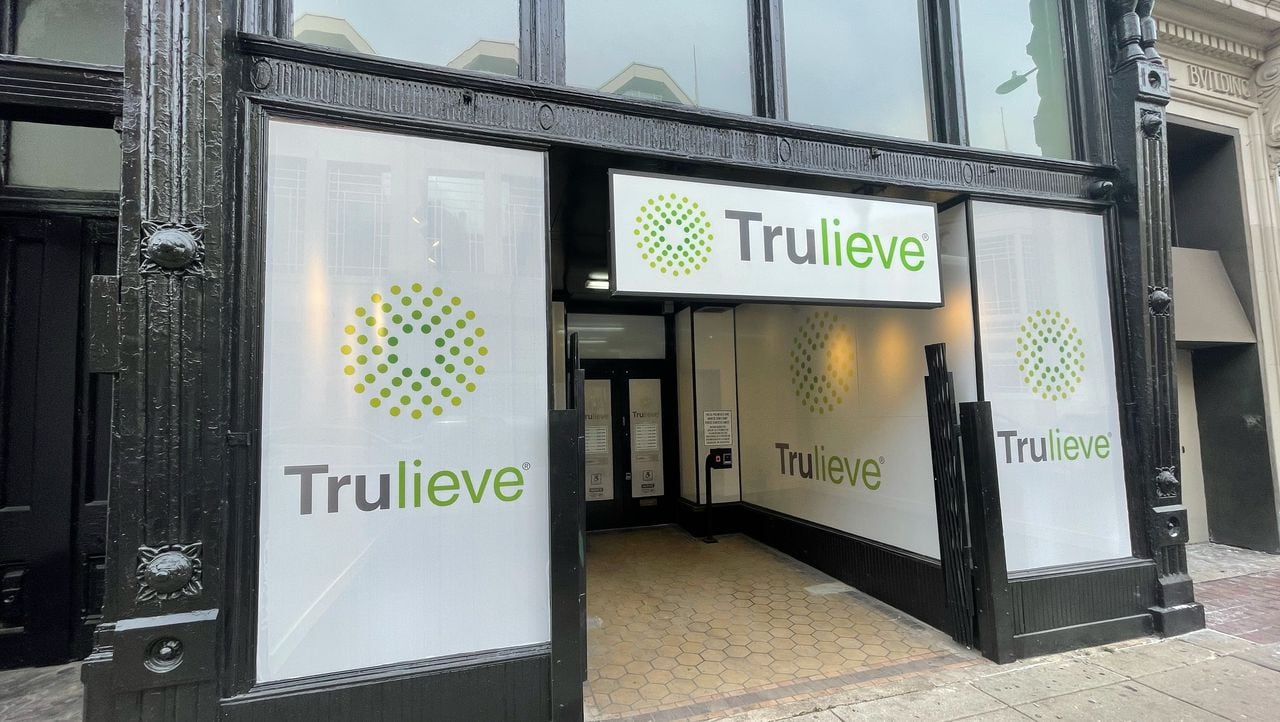
A year ago, a cannabis company operating in Holyoke paid a paltry federal fine after one of its workers died during an asthma attack. A state agency this week pointed new fingers at the company, Trulieve, saying it contributed to the death of 27-year-old Lorna L. McMurrey by failing to control her exposure to cannabis dust at the company’s Holyoke cultivation center.
The state Department of Public Health says it’s on the case.
About time.
The cannabis business in Massachusetts is so well developed Trulieve is already kaput in Holyoke.
While the DPH is right to roll out advisories on the risks workers face in this industry, it comes late to the game, given that more than $5 billion worth of cannabis has been sold in Massachusetts, all of it grown here.
In a statement this week, Dr. Robert Goldstein of the DPH called for the state to work with health care providers to protect people who hold the kinds of jobs McMurrey did, including grinding cured marijuana flowers and assembling pre-rolls.
“The legalized cannabis industry is relatively new, and the impact on the health and safety of workers demands our careful attention,” Goldstein said.
The first cannabis retail stores opened five years ago this week. Cannabis is relatively new compared to basket weaving, but this is a business subject to intense regulatory scrutiny on the licensing side.
Where have health officials been?
They were involved early on, before oversight transitioned to the Cannabis Control Commission, and should have been tending to these concerns years ago. As of this week, the state has fully licensed 27 cultivators and issued provisional licenses to another 190; 143 companies hold provisional licenses to manufacture cannabis products – including grinding flowers and releasing dust.
According to the DPH report this week, McMurrey started feeling short of breath a few weeks into working for Trulieve as a “flower technician,” in which she handled whole and ground cannabis. She began to use what’s known as a rescue inhaler. Neither that nor use of a N95 respirator protected her from going into respiratory and cardiac arrest Jan. 4, 2022.
Investigators with OSHA found that masks were not always available to protect workers at Trulieve. Other workers reported symptoms suggesting workplace exposures were triggering asthma. OSHA fined Trulieve $14,502.
Workplace asthma isn’t “relatively new.” But the DPH’s bulletin to medical providers this week notes that data on asthma linked to work exposures isn’t routinely collected.
Worker health deserves more care and attention than it has been getting.
